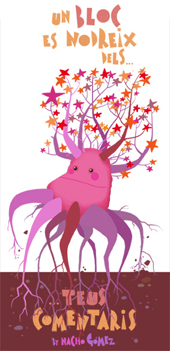James Joyce
(Feb. 2, 1882, Dublin, Ire.—Jan. 13, 1941, Zürich, Switz.).
James Joyce was one of twelve children raised in poverty by a father who wasted the family fortunes and a mother who died at the age of forty-four. At the age of six, Joyce was sent to a Jesuit boarding school, Clongowes Wood College. In 1902, he graduated from University College in Dublin, where he studied foreign languages and philosophy. Immediately after graduation, Joyce left Dublin to study medicine in Paris, but he returned to Ireland in 1903 to see his dying mother. In June 1904 he met his future wife, Nora Barnacle, and they moved to Trieste and then Zurich, where he taught languages at the Berlitz school. Joyce's first major work, A Portrait of the Artist as a Young Man, a novel published in serial form beginning in 1914, established his literary reputation. Joyce also published a collection of short stories, Dubliners, that same year, and began work on what many critics consider his crowning achievement, Ulysses. Finally published in 1922, Ulysses earned Joyce charges of obscenity and did not appear in an American edition until 1934. In 1939, Joyce completed his last book, Finnegans Wake, a radical, extravagant experiment in language and narrative.
Dubliners
This collection of short stories were meant to be a naturalistic depiction of the Irish middle-class life in and around Dublin in the early years of the twentieth century. The stories were written at a time when Irish nationalism was at its peak and a search for a national identity and purpose was raging. They center on Joyce's idea of an epiphany: a moment where a character has a special moment of self-understanding or illumination.
Activitat a càrrec de Laura Patricio.
Les places son limitades i cal inscripció prèvia. Demaneu informació al personal de la Biblioteca.
Si voleu saber en què consisteix aquesta tertúlia, no us perdeu la següent notícia.





Cap comentari:
Publica un comentari a l'entrada